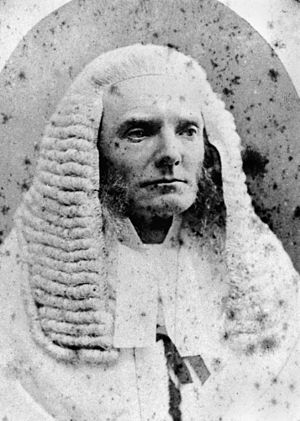
“It’s hard to know which way to vote,” my mother said today. We’re having a constitutional referendum on whether children should have the right to be recognised as individuals rather than as the property of their (biological) parents – which, simplifying violently, is the situation as it stands.
Don’t worry, my mother’s not ideologically opposed to freedom for kids. Like many others she was just confused by all the argument. The law requires the state – and state media – to give an equal hearing to both sides of a constitutional referendum. So if we ever decided say to put a clause against genocide in the Constitution, the government would have to publish booklets that were 50% in favour of massacring whole ethnic groups. Which would be interesting.
And this referendum has found so little mainstream opposition that it’s already spotlight time for the loons. Sinn Féin are in favour, for God’s sake. Even the Catholic Church isn’t opposing it openly. So people with some really quite odd opinions have been dug out to appear on TV. “Who is this John Waters?” she asked. “A wanker,” I explained.
There are some opposing arguments that are not irrational, but the overwhelming majority of people who have to deal with issues around child protection seem to be for this change, so it’s them I think I’ll go with. But whichever way you feel, I hope you do vote – if only to take advantage of the chance to protest against the horrific economic punishments being forced on this country. I don’t mean spoil your vote – referendums are too important for that. Someone made a brilliant alternative suggestion:
You have to fold your ballot before you put it in the box. But there are no rules about how you fold it.
Fold it into a paper aeroplane, to symbolise the ultimate fate of the children for whom government professes to care. Imagine the impact it would have when they opened the boxes on national TV if we all did it.





